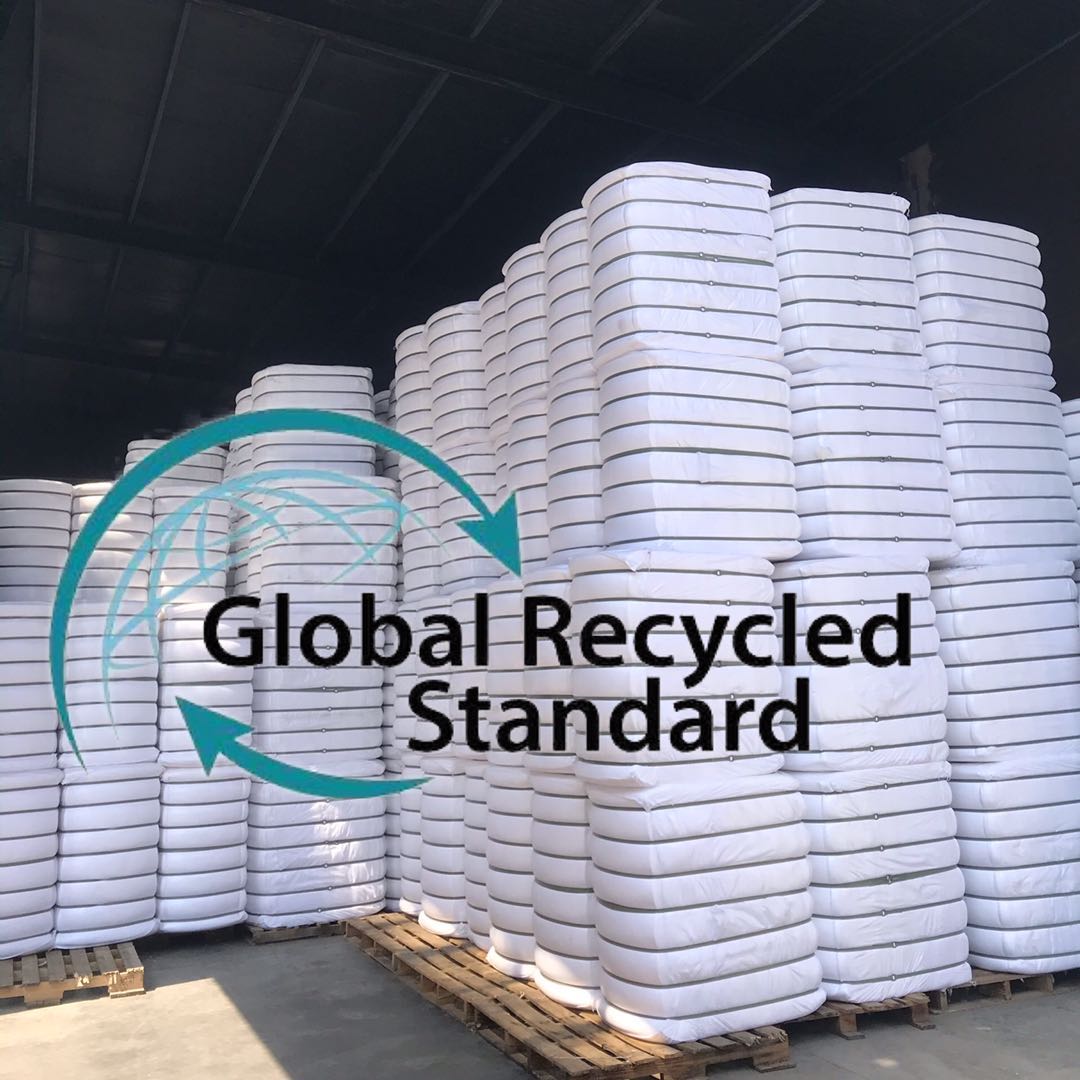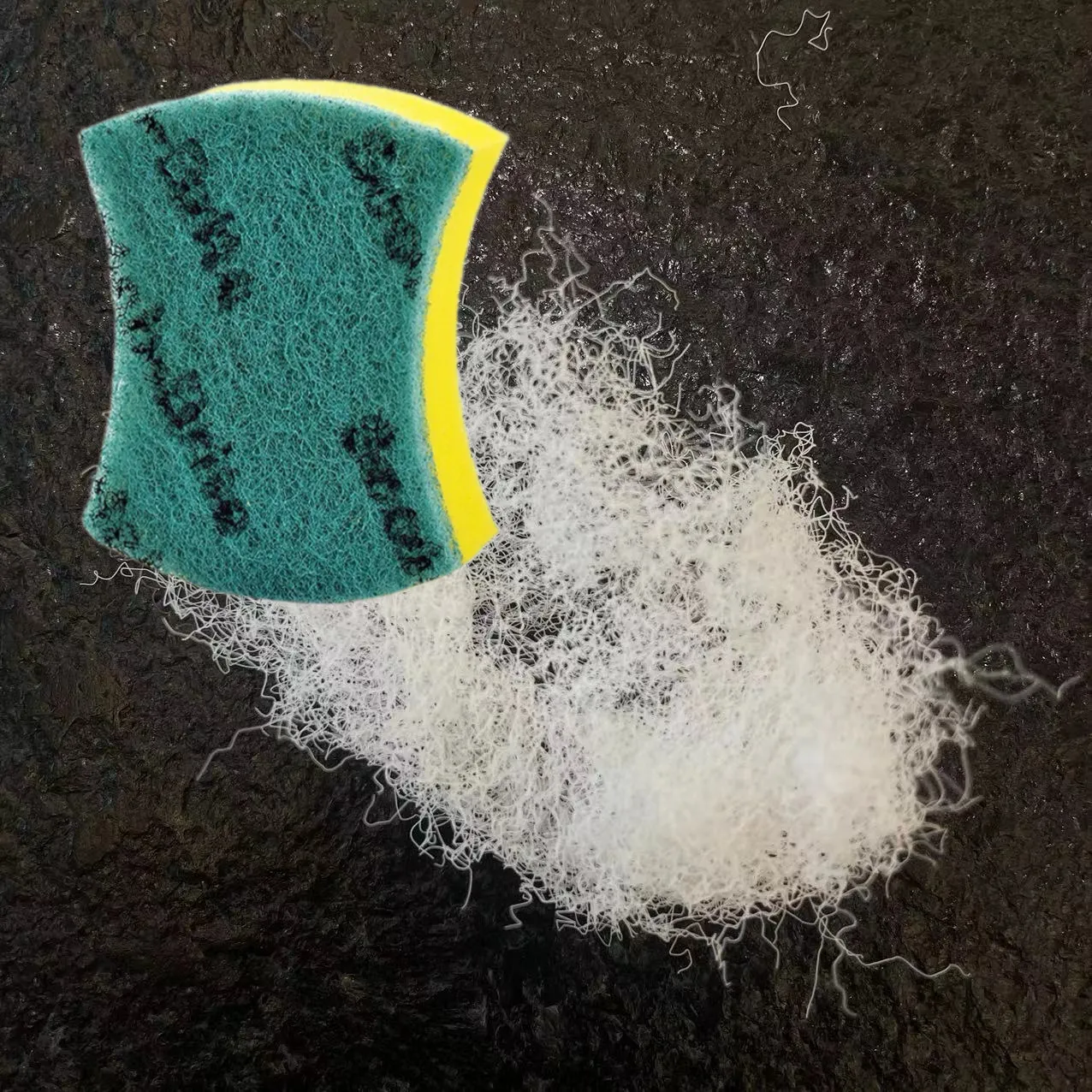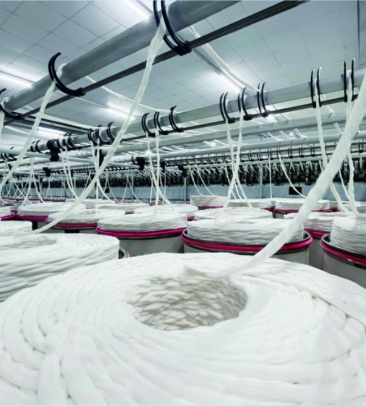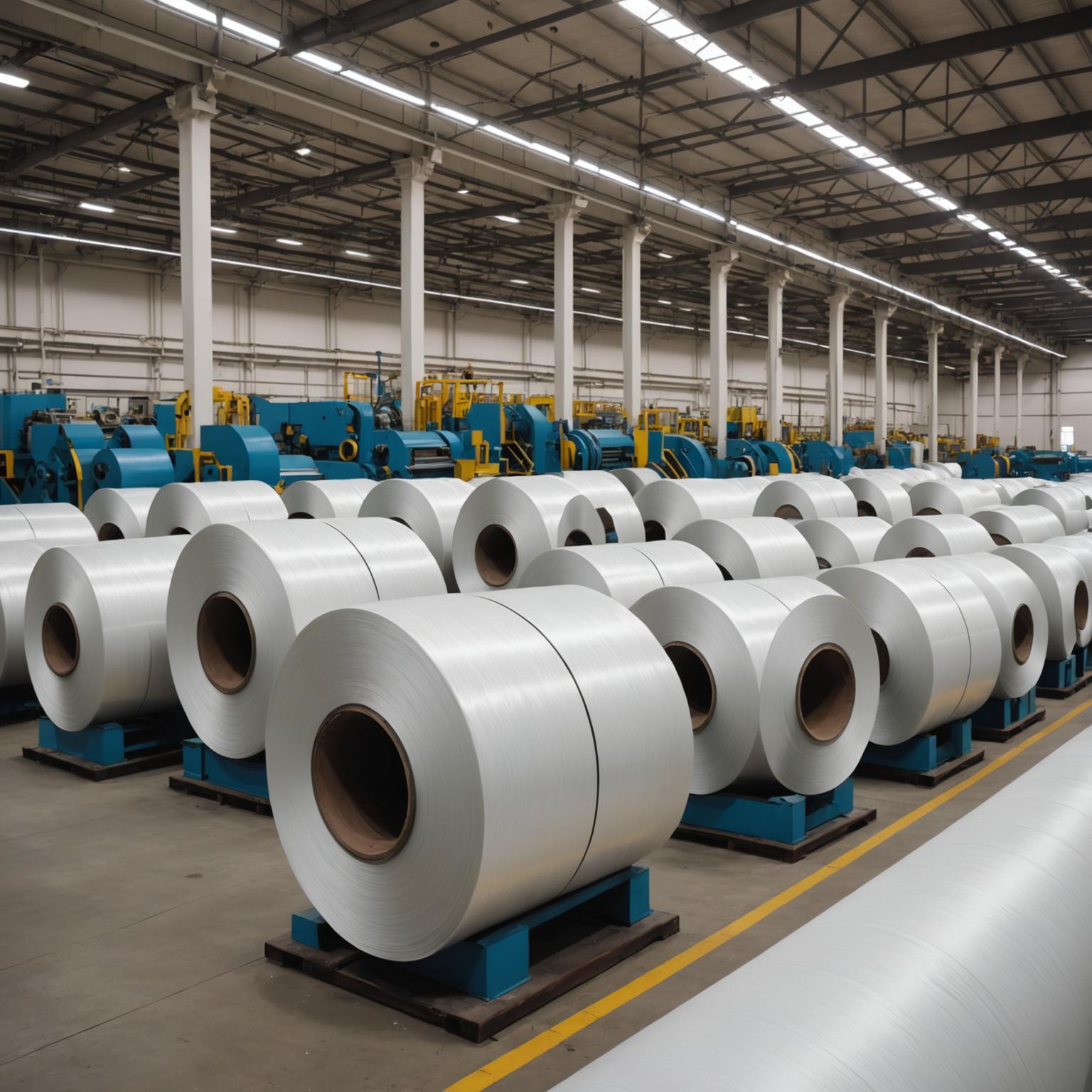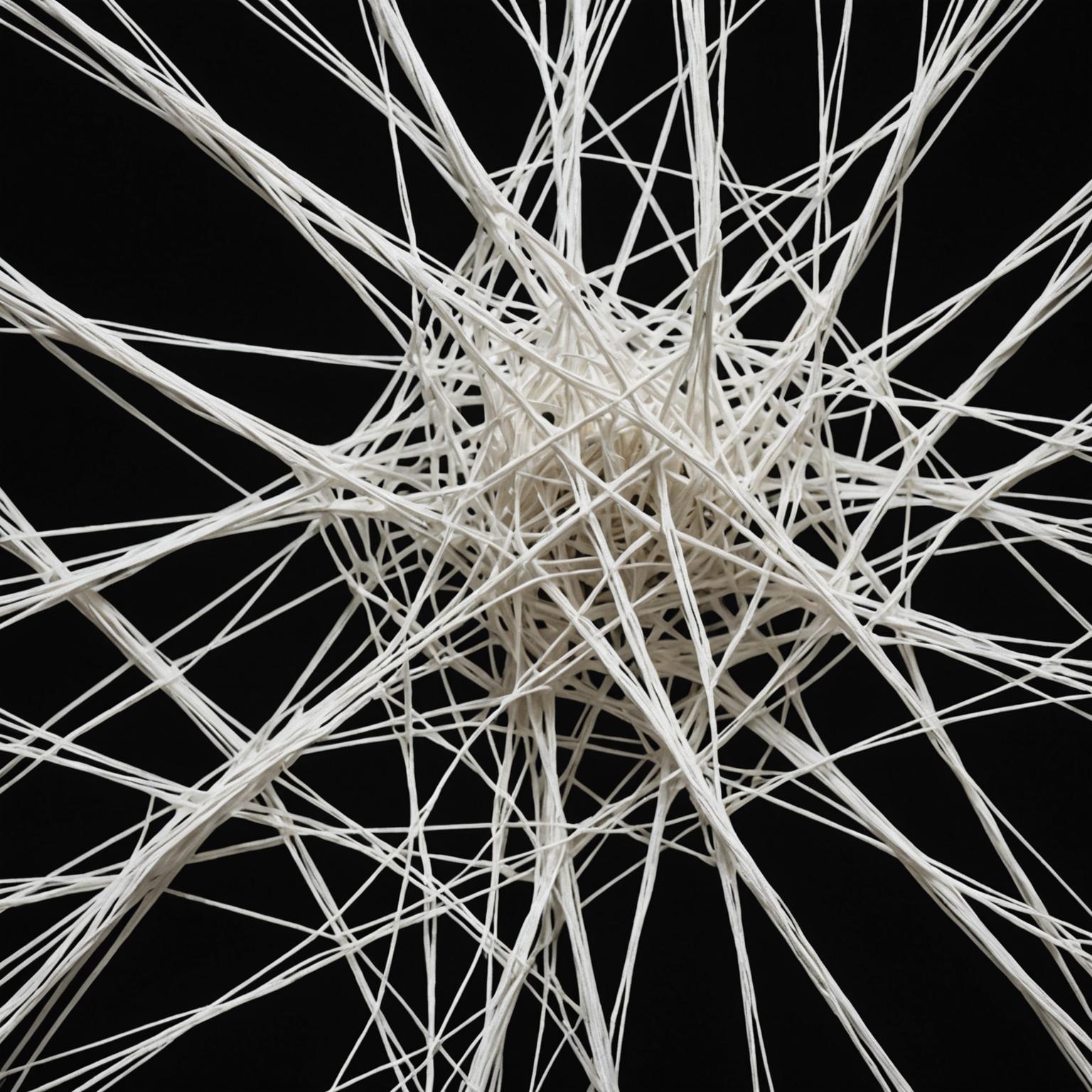Nylon fiber manufacturing is a complex process that plays a crucial role in the textile industry. The production of nylon fibers involves several stages, each ensuring the fiber's strength and durability. In this article, we will explore how nylon fiber is made, the properties that make it so valuable, and the role of nylon fiber suppliers in the industry. By understanding the nylon fiber production process, you can appreciate the technology and expertise required to create high-quality synthetic textiles. 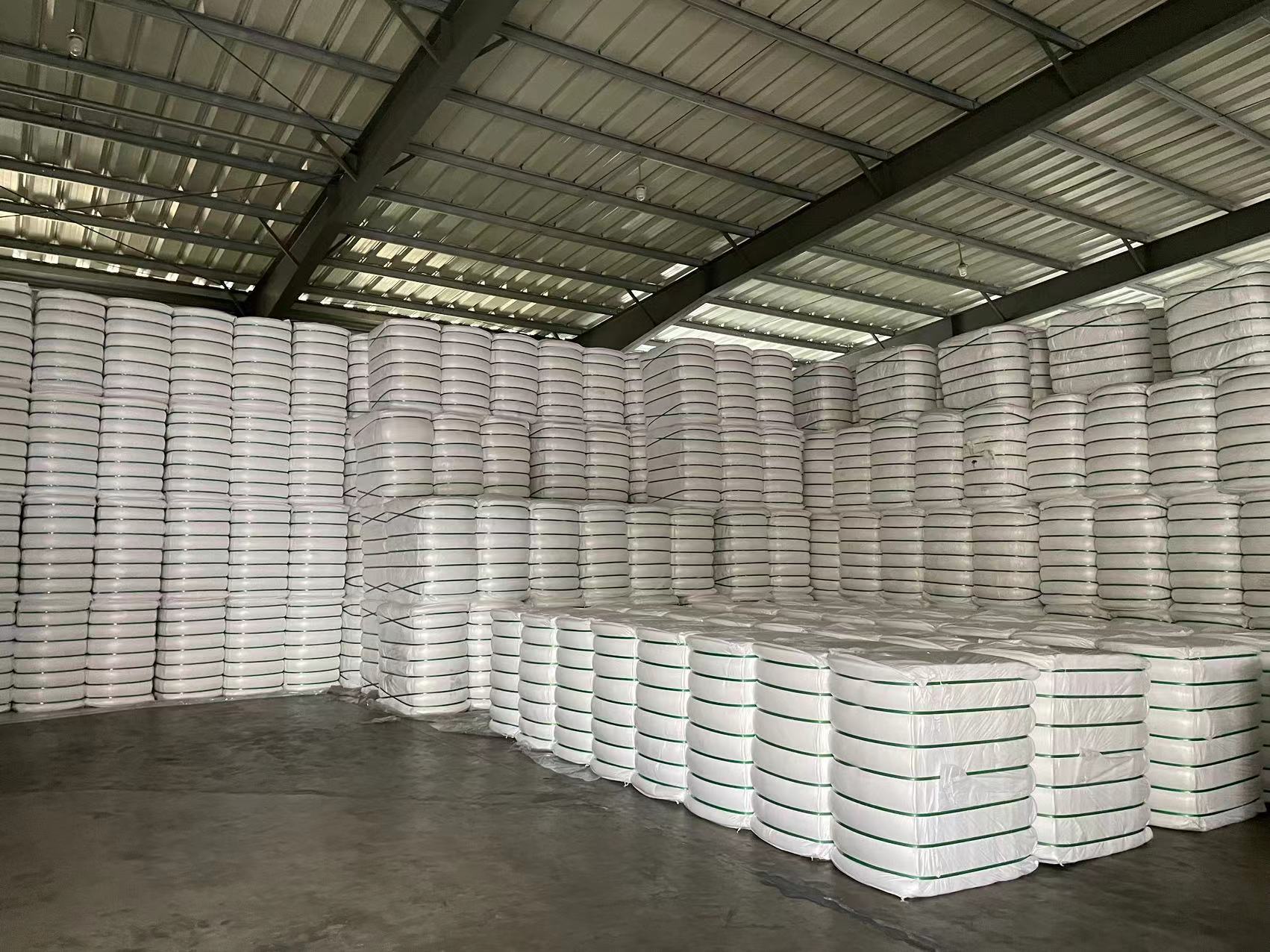
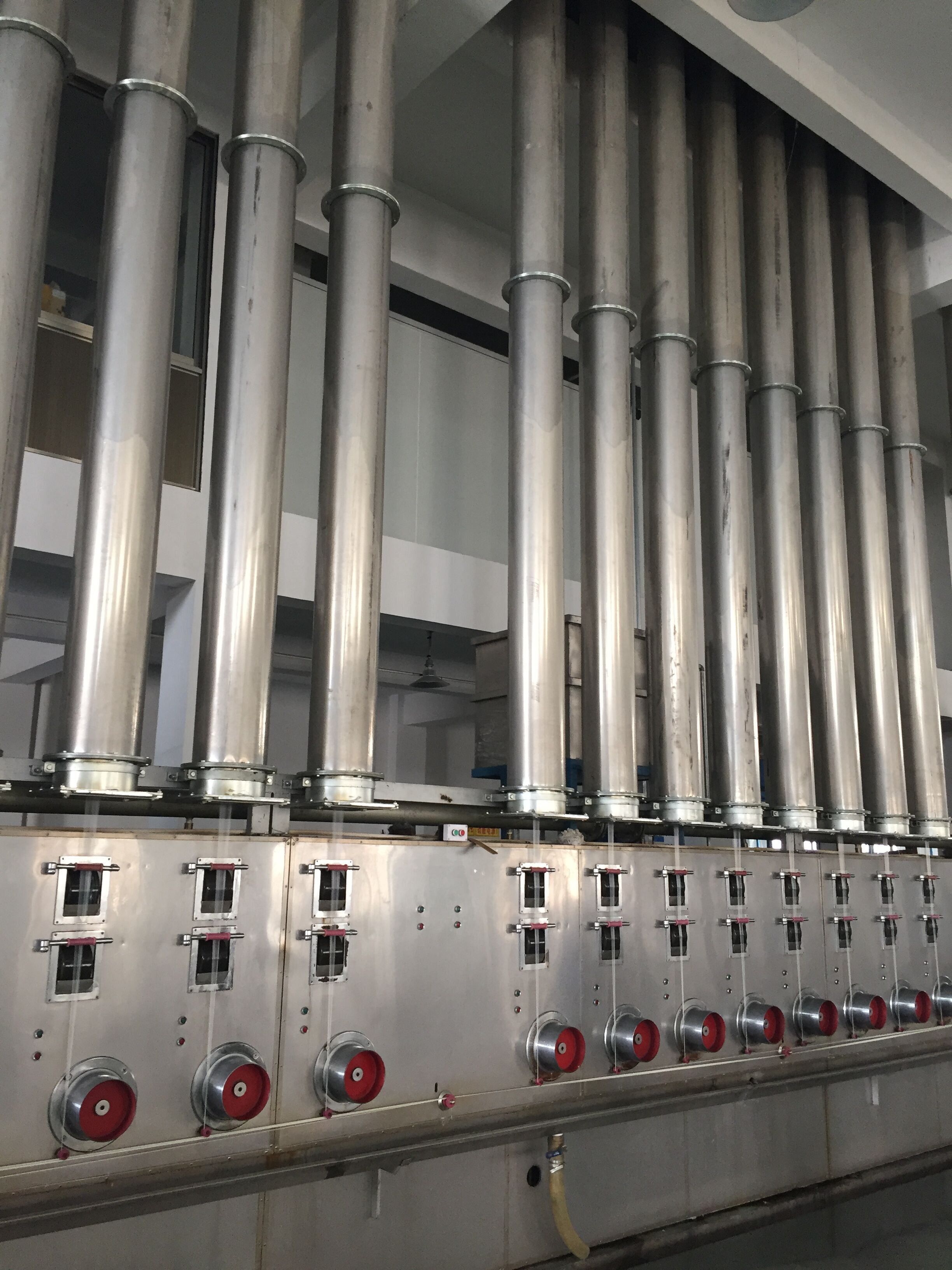
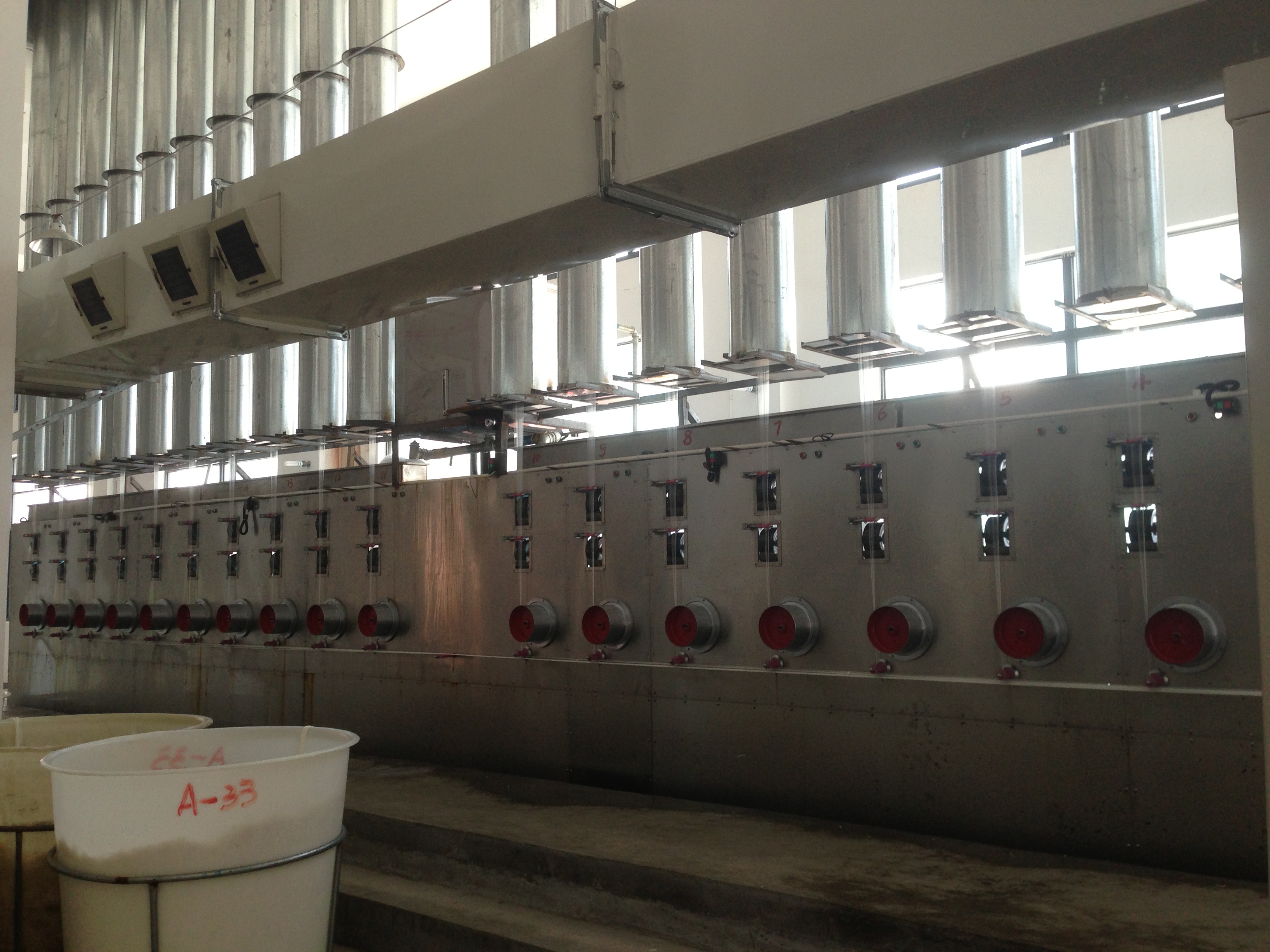
Nylon Fiber Production Process
The nylon fiber production process begins with the synthesis of the polymer. Polyamide, the generic name for nylon, is created through the condensation reaction of adipic acid and hexamethylene diamine. This reaction forms a viscous solution of nylon 6,6, which is then extruded through a spinneret, a device with fine holes, to form continuous filaments. These filaments are then cooled, solidified, and stretched to align the polymer molecules, increasing their strength and elasticity. This step is crucial in determining the final quality of the nylon fiber.
The Role of Nylon Fiber Suppliers
Nylon fiber suppliers play a pivotal role in the synthetic fiber manufacturing process. They ensure that the raw materials needed for production are of the highest quality and meet industry standards. They also provide the necessary technical support and expertise to textile manufacturers, helping them optimize their production processes and develop new products. Suppliers often collaborate closely with textile factories to innovate and improve the properties of nylon fibers, ensuring that they remain competitive in the market.
Nylon Fiber Properties
One of the reasons nylon is so widely used in textiles is due to its remarkable properties. Nylon fibers are known for their high tensile strength, elasticity, and resistance to abrasion, making them ideal for a wide range of applications, from clothing and accessories to industrial materials. Additionally, nylon fibers exhibit excellent chemical resistance, thermal stability, and moisture-wicking properties. These attributes make nylon an attractive choice for both everyday wear and specialized uses like athletic gear and outdoor apparel.
Understanding the intricacies of nylon fiber manufacturing can give you a greater appreciation for the textiles we often take for granted. From the meticulous production process to the collaborative efforts of suppliers and manufacturers, producing high-quality nylon fiber requires expertise and innovation. So the next time you come across a nylon product, you'll know just how much effort went into creating that durable and versatile fabric.



